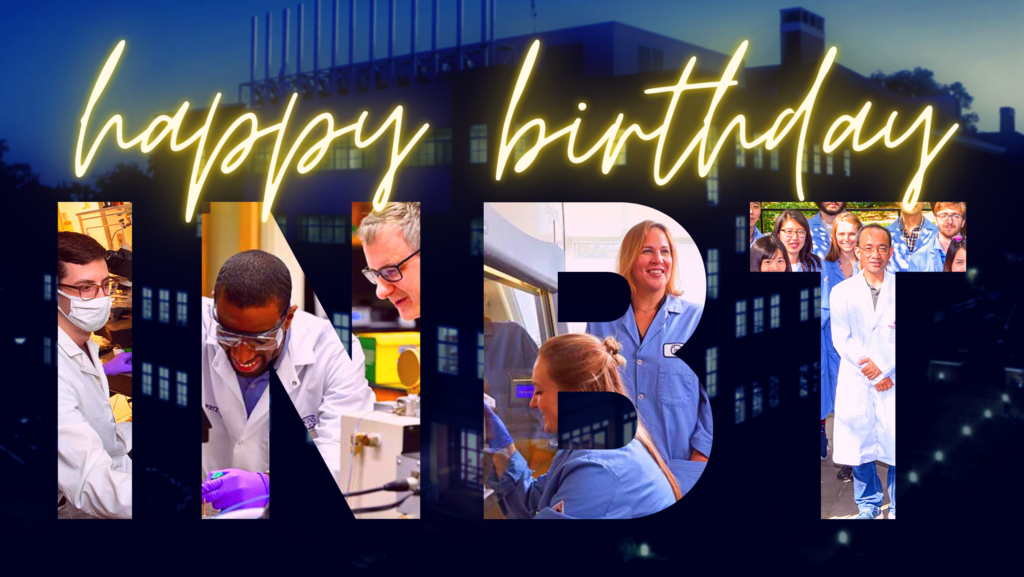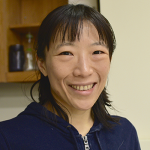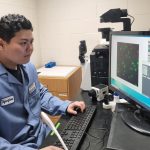Happy 15th Birthday, INBT

INBT’s co-founders Peter Searson and Denis Wirtz had a vision. Searson, the Joseph R. and Lynne C. Reynolds Professor of Engineering and a professor of materials science and engineering, and Writz, Theophilus Halley Smoot Professor in the Department of Chemical and Biomolecular Engineering and vice provost for research at Johns Hopkins University, envisioned a collaborative institute for cross-disciplinary research that merged faculty and student experts from different fields and across different schools to focus on small-scale science that would improve human and environmental health.
On May 15, 2006, the same year that Twitter was launched, so did Searson’s and Wirtz’s vision, the Institute for NanoBioTechnology, open its doors. The startup funding to establish the institute came from several sources including the National Science Foundation, the Howard Hughes Medical Institute, NASA , various Johns Hopkins divisions, and even then U.S. senator Barbara Mikulski, D-MD, who expressed support for the facility.
It’s been 15 years since the INBT’s doors opened and it has undergone changes, including Searson and Wirtz handing over leadership in early 2017 to Sharon Gerecht, the Kent Gordon Croft Investment Management Faculty Scholar and professor in the Department of Chemical and Biomolecular Engineering, and Hai-Quan Mao, professor in the Department of Materials Sciences and Engineering. While changes are fundamental to the institute’s growth, the ambition and spirit of the INBT community remains the same.
This past year the COVID-19 pandemic brought new challenges unseen by many organizations. The INBT community not only weathered these challenges but lead efforts in testing safety policies and procedures and give feedback to leadership. Students and faculty pivoted their research to see how it could apply to treating and managing the COVID-19 virus, and students adapted to new procedures to finish their research and studies. Even education programs were transitioned to virtual platforms. As the the INBT community continues to evolve to meet the needs in healthcare and the environment, and safety needs such as in the COVID-19 pandemic, it will always carry the same spirit of collaboration.
See our publications webpage to read more about INBT’s history.





